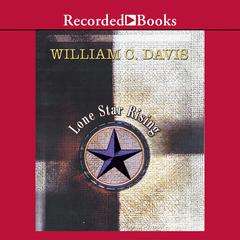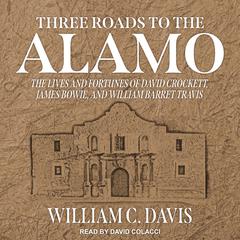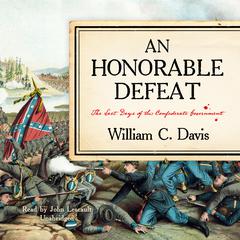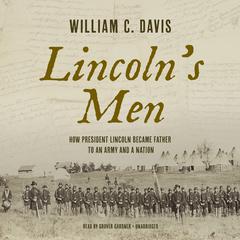 Play Audiobook Sample
Play Audiobook Sample
The Greatest Fury: The Battle of New Orleans and the Rebirth of America Audiobook
 Play Audiobook Sample
Play Audiobook Sample
Quick Stats About this Audiobook
Total Audiobook Chapters:
Longest Chapter Length:
Shortest Chapter Length:
Average Chapter Length:
Audiobooks by this Author:
Publisher Description
“Davis’s accounts of small fights won by hot blood and cold steel are thrilling.”—The Wall Street Journal From master historian William C. Davis, the definitive story of the Battle of New Orleans, the fight that decided the ultimate fate not only of the War of 1812 but the future course of the fledgling American republic. It was a battle that could not be won. Outnumbered farmers, merchants, backwoodsmen, smugglers, slaves, and Choctaw Indians, many of them unarmed, were up against the cream of the British army, professional soldiers who had defeated the great Napoleon and set Washington, D.C., ablaze. At stake was nothing less than the future of the vast American heartland, from the Gulf Coast to the Great Lakes, as the ragtag American forces fought to hold New Orleans, the gateway of the Mississippi River and an inland empire. Tipping the balance of power in the New World, this single battle irrevocably shifted the young republic's political and cultural center of gravity and kept the British from ever regaining dominance in North America. In this gripping, comprehensive study of the Battle of New Orleans, William C. Davis examines the key players and strategy of King George's Red Coats and Andrew Jackson's makeshift "army." A master historian, he expertly weaves together narratives of personal motivation and geopolitical implications that make this battle one of the most impactful ever fought on American soil.
Download and start listening now!
“In a resonant baritone David Lawrence does well in reading Davis’s long account…Lawrence’s baritone is clear, his enunciation precise, and his pacing deliberate but not plodding. He is subtly expressive and a nice match to the text.”
— AudioFile
The Greatest Fury Listener Reviews
- — John, 2/24/2022
About William C. Davis
William Charles “Jack” Davis is a retired history professor who taught at Virginia Tech. An acclaimed expert on the Civil War, he has served on a number of advisory boards, including the Abraham Lincoln Bicentennial Commission, the Civil War Preservation Trust, the Museum of the Civil War Soldier in Petersburg, Virginia, the National Park Service, as well as on the Lincoln Prize and Pulitzer Prize nominating juries.
































